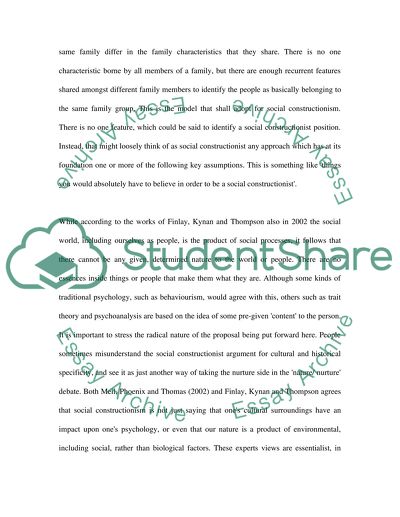Cite this document
(“Social Construction Essay Example | Topics and Well Written Essays - 1000 words”, n.d.)
Retrieved from https://studentshare.org/sociology/1504372-social-construction-essay
Retrieved from https://studentshare.org/sociology/1504372-social-construction-essay
(Social Construction Essay Example | Topics and Well Written Essays - 1000 Words)
https://studentshare.org/sociology/1504372-social-construction-essay.
https://studentshare.org/sociology/1504372-social-construction-essay.
“Social Construction Essay Example | Topics and Well Written Essays - 1000 Words”, n.d. https://studentshare.org/sociology/1504372-social-construction-essay.


